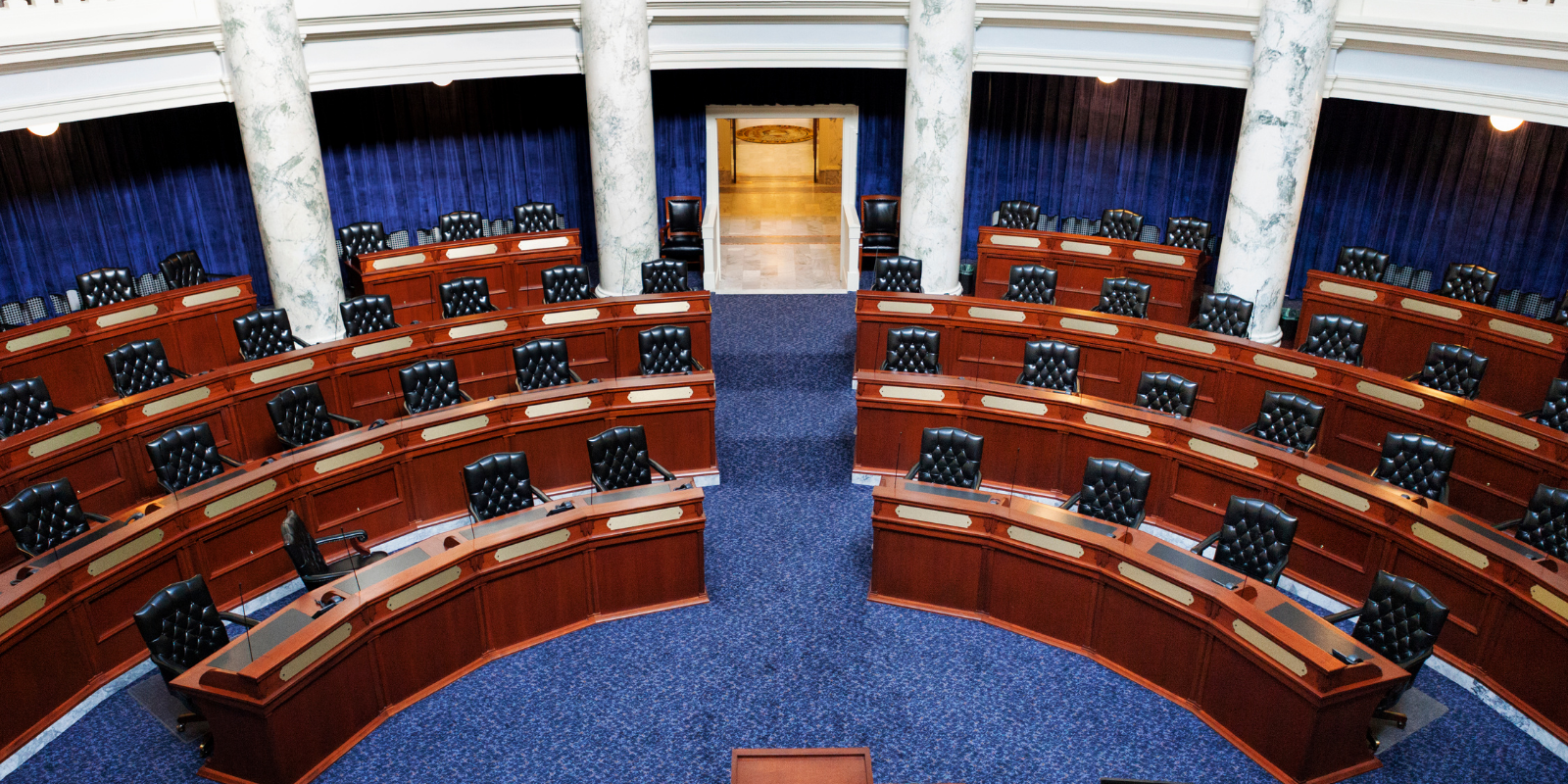Most Concerning 2025 Anti-LGBTQ+ Laws
Anti-trans Restroom law: HB 264 Fact Sheet
Expanding Indecent Exposure: HB 270 Fact Sheet
Flag Censorship in Schools: HB 41 Fact Sheet
DEI Ban in Higher Education: SB 1198 Fact Sheet
Idaho’s lawmakers have targeted the rights of the LGBTQ+ community — particularly transgender people — for many years, and this year was no different. This year alone, lawmakers introduced at least 19 bills targeting trans people, seeking to control everything from their bodily autonomy to where they can use the bathroom.
This surge of anti-trans legislation reflects a broader, concerning increase in censorship laws. When lawmakers are allowed to censor specific groups of people, it sets a dangerous precedent that threatens the fundamental rights of all.
Much of this is done under the guise of moral and religious superiority, with legislators often citing Bible verses instead of legal arguments. When policy decisions are made through such a narrow theological lens, it reflects a staggering drift away from democracy and towards authoritarianism.
